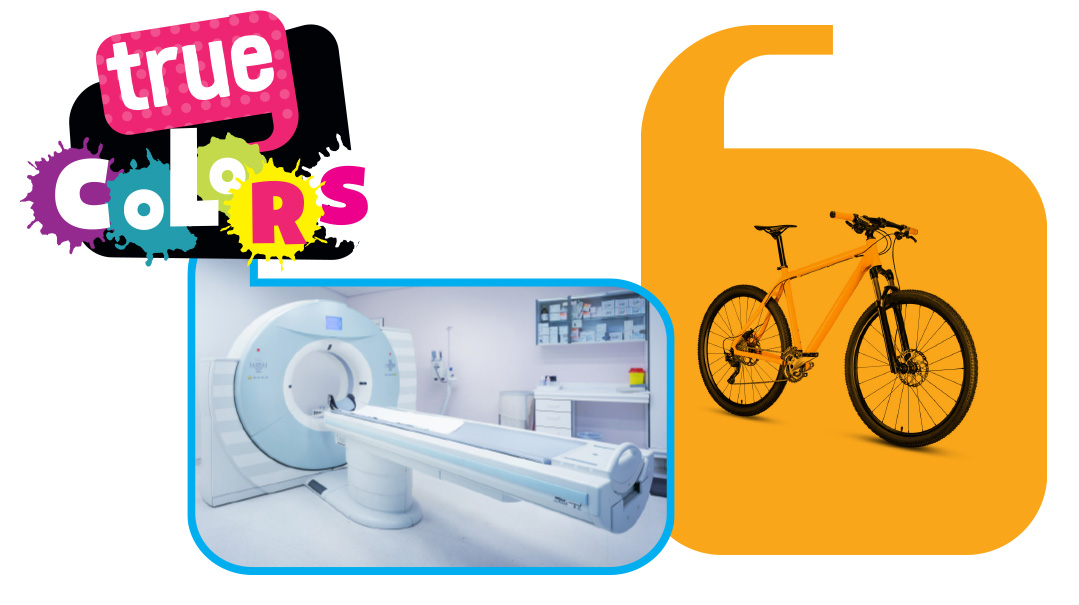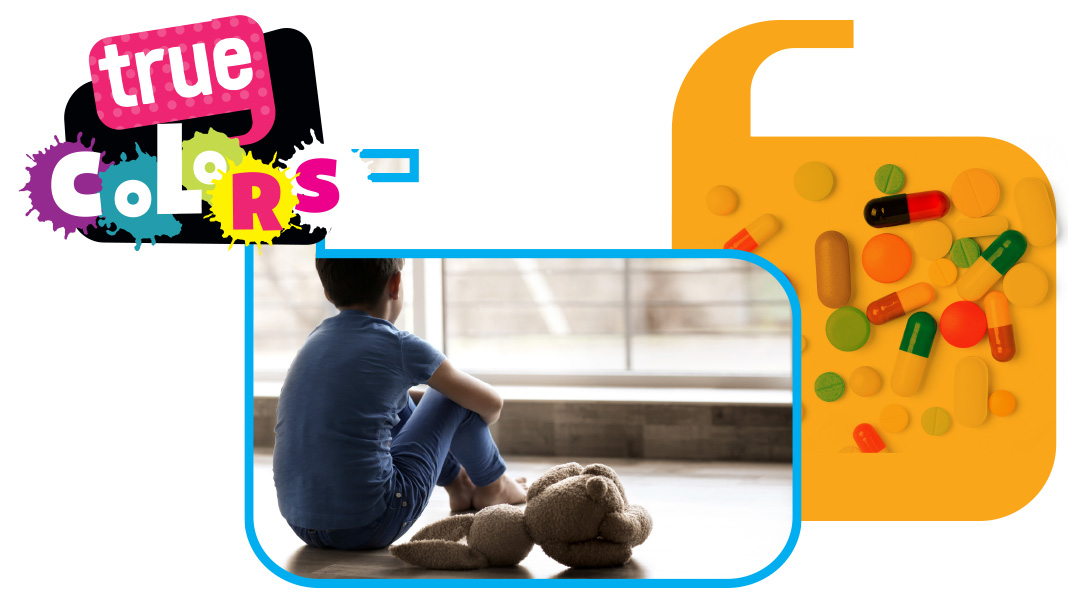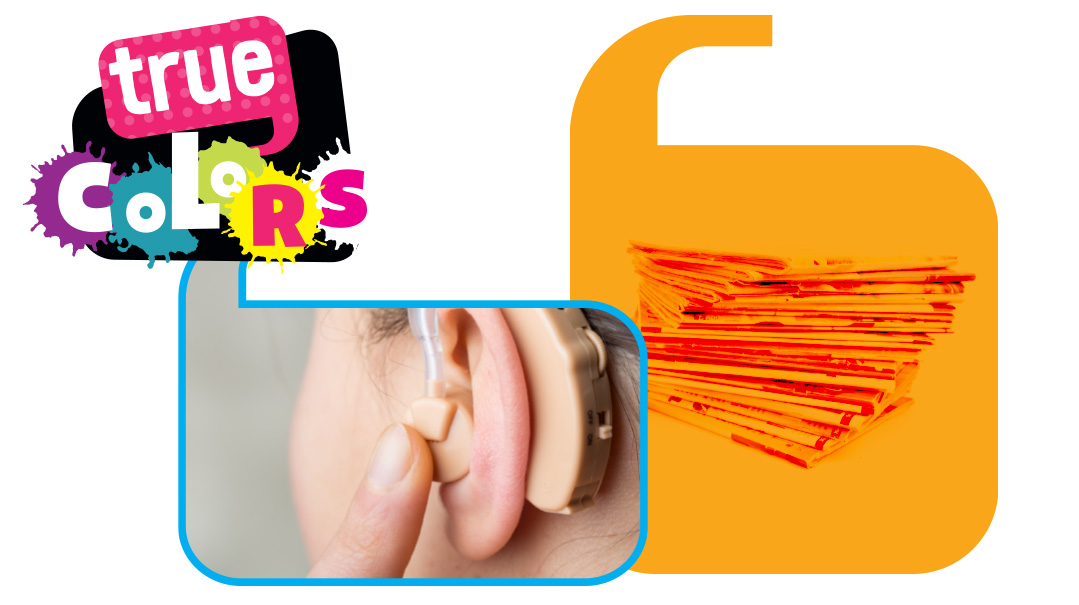No More Jerks
| August 24, 2021Being different than my friends in such an obvious way was really hard for me. Some of my classmates weren’t so kind

"Stop moving your arms!” my counselor snapped. “Why are you doing that?” I looked up at her with big eyes and just didn’t know what to say. What was I supposed to say? That ever since some time in first grade my arm jerked all by itself? I knew it looked strange. Did she think I liked moving my arm like that, my elbow jumping awkwardly?
“If you don’t stop moving your arm like that, I’m going to punish you!” she continued severely. I swallowed hard, and my elbow jerked again, my arm jumping up. “That’s it!” She marched over to me and pinned both my hands down. All the other girls in my bunk stared, and I could hear some of them giggling. Tears stung my eyes. I just wanted to go home.
I never went back to that camp again.
Another memory: My classmate eyeing me, saying, “Chaya’le, if you don’t stop doing that thing with your neck, I’m not going to be your friend.” My neck jerked in response. Didn’t she realize I had absolutely no control over the movements? That they happened all by themselves? And that when I got tense or worried, they got much worse?
My parents tried to downplay my tics — that’s what all those funny movements were called. They didn’t want to draw attention to them. But they bothered me a lot. I knew they looked strange, but I couldn’t control them at all. Sometimes my neck jerked, sometimes it was my arm or my hand. There was a phase when I had vocal tics, when a little sound, like “ah,” would just come out without me wanting or meaning to. It was very uncomfortable for me, especially in quiet times like during class or during Kiddush when we had guests. When we were going to be visiting others or having guests for a while, my parents always told them in advance about my tics and asked them not to make a big deal about it. That helped.
My parents took me to the doctor. He confirmed that I was experiencing tics and called it a “tic disorder.” He told us to go a neurologist (a brain doctor) and ordered a test called an EEG. “What’s that?” I asked nervously.
“An EEG is a medical test that help us understand better what, exactly, is going on in your brain,” the doctor replied. I licked my lips, my mother said thank you, and we left to schedule an EEG and neurologist appointment.
During the EEG, I had to lie on a bed. A lady attached small round metal disks that looked like stickers all over my head. Thin wires snaked out of the disks. It felt a little freaky, but it didn’t hurt. My tics got worse when I was anxious, so I experienced a lot of them during the test. The lady administering the test kept saying to me, “No moving, no moving,” and my mother and I could barely contain our laughter. My inability to control these movements was the whole reason we were doing this test! It made me feel a lot better to have my mother by my side. It made it easier to look at the humorous side of the situation.
There were times when my tics improved, and periods when they were worse. We didn’t know what to do and didn’t know if we would ever find a solution to my tic disorder.
When I was ten years old, my parents heard about an alternative practitioner, a person who heals problems using tools that regular doctors don’t use. They researched him and checked out lots of things about him before we went, because unfortunately not all alternative practitioners are helpful. I’d sort of given up on a cure by then. In fact, I’d learned to disguise some of my tics, like when my arm jerked I’d pretend I was scratching my back. But it wasn’t a real solution and I knew it. When I heard about this alternative practitioner, I found myself feeling all excited and hopeful and I desperately wanted my parents to take me already. I’d kvetch and ask them when we could go.
At long last, my parents made an appointment and took me to the alternative practitioner. I could feel my heart beating quickly in my chest as we walked into the office.
The practitioner was very nice, quiet, and calm. He said he was going to use energy healing to help us (my parents had checked with lots of rabbanim before making the appointment, because some types of healers use halachically problematic methods). I wasn’t sure what he meant, and I don’t think my parents knew either, but at the end of the session he told my parents what the problem was and what to do about it. He told my mother which supplements to give me and said the tics should gradually improve and disappear. We left with some information, some supplements, and a whole lot of hope.
Within less than a week, we saw a drastic improvement in the frequency of my tics. Not long afterward, they vanished completely. I couldn’t believe it. It felt like a whole mountain that had been lodged on my heart had lifted up and floated away. It was so exciting to just be… normal. No jerks. My neck and head and arm and hand and vocal cords just slipped into the background until I wanted to use them.
About a year later, when I was 11, some of the tics started coming back. My mother spoke to the practitioner and he told her to just start giving me the same supplements again. She did, and within a short amount of time the tics disappeared again.
One of the most important things I learned is to share your struggles with your parents. Talking about it with my mother and knowing that she wanted to help me was very meaningful for me.
Being different than my friends in such an obvious way was really hard for me. Some of my classmates weren’t so kind. Sometimes people stared or snickered or made fun of me, imitating the tics. I learned, firsthand, how awful that feels, and I’m grateful that I’m a more refined and sensitive person because of my experience.
I am also so grateful to my parents for working so hard to find me a cure, and I am endlessly grateful to Hashem for sending us to the right shaliach to take my tics away.
Chaya’le and her parents can be reached through Mishpacha.
(Originally featured in Mishpacha Jr., Issue 875)
Oops! We could not locate your form.







